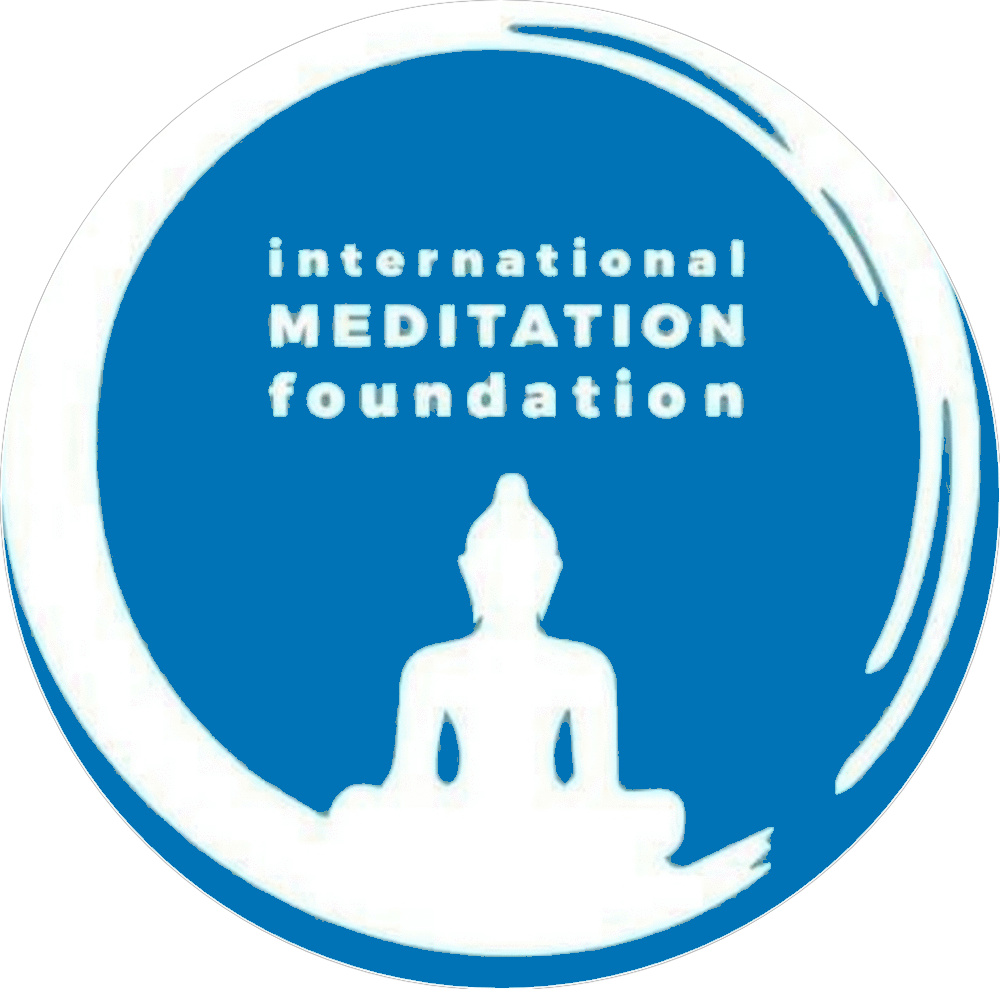1. Anger Management:
7 Days / 21 Days / 30 Days
A psycho-therapeutic program for anger prevention and control. It has been described as deploying anger successfully. Anger often stems from frustration or feeling blocked from something perceived as important. It can also serve as a defensive response to underlying fear or vulnerability. Anger management programs view it as a motivator with an identifiable, analyzable, and addressable cause.

2. Stress Management :
7 Days / 21 Days / 30 Days
A wide spectrum of techniques and psychotherapies aimed at controlling a person’s level of stress, especially chronic stress, usually for the purpose of and for the motive of improving everyday functioning. Stress produces numerous physical and mental symptoms which vary according to each individual’s situational factors. These can include a decline in physical health as well as depression. In modern society, people name stress management as one of the keys to a happy and successful life. Life often delivers numerous demands that can be difficult to handle, but stress management provides a number of ways to manage anxiety and maintain overall well-being.

- Meditation
- Mindfulness
- Breathwork/Pranayama
- Kriya Yoga
- Yoga Asana
- Laughter
- Gibberish Meditation
- Body Massage/Reflaxology
- Panchkarma
- Social activity
- Conflict resolution
- Music as a coping strategy Deep breathing
- Yoga Nidra
- Prayer
- Artistic expression
- Fractional & Progressive relaxation
- Humour
- Somatics training
- Spending time in nature
- Spending quality time with animals
- Relaxation techniques
- Listening to certain types of relaxing music Physical exercise
3. Relationship management
Stage One:
In stage one of relationship management, we attempt to reveal an unrecognized dynamic that spans multiple generations in a given family and to resolve the deleterious effects of that dynamic by encouraging the subject, through representatives, to encounter and accept the factual reality of the past.

Stage Two:
We share the methods to raise the kundalini up and not to waste the energy by the downward flow of kundalini energy. At its essence, relationship management is a practice that combines movement, breath, meditation and sound, to assist the Chakra energy system within the body to open. This opening allows dormant energy, known as Kundalini, to move up from the pelvis, along the spine. The movement of this life-force energy can help you to heal by loosening constrictions within the body that have developed over a lifetime. The expansion of the energy body also increases sensation, clairvoyance and one’s ability to connect with others.
Sadness / Depression Cure

People experience sadness as a basic emotion in response to negative life events or experiences of loss. The sadness stems from negative emotions, withdrawal emotions, or even internalizing emotions. Sadness particularly occurs when a goal is not met or something of importance is lost.
Regulating or mitigating negative emotions, particularly sadness, is crucial mainly because constant negative emotions may lead to psychological disorders, such as depression and anxiety.
Effective meditative strategies are deployed to regulate sadness-related emotions. Some of the most commonly reported strategies include expressive suppression, cognitive reappraisal, distraction, seeking social or emotional support, and rumination.
Course Fees:
According to the tradition of meditation, there are no fees or charges for attending the courses, not even for accommodation and food & beverages. Voluntary donations from individuals who have completed at least one week with us fund all course and center expenses, allowing others to experience the benefits of Meditation. One can choose to donate according to his free will. We never ask for it.The donations are accepted only after completing the course. It is like one person has donated for your course and after completing your course, you donate for the next person as you feel appropriate, the next person attends the course and he donates for the next person, this way the cycle goes on. Some participant donates, some are not in the capacity to donate, some wants to skip it, somehow it works very well. The donations are recommended, not compulsory. The entire team works as volunteers of Karma Yoga. The team includes teachers, servers, and trustees. None of the team members receives any remuneration for their service.
